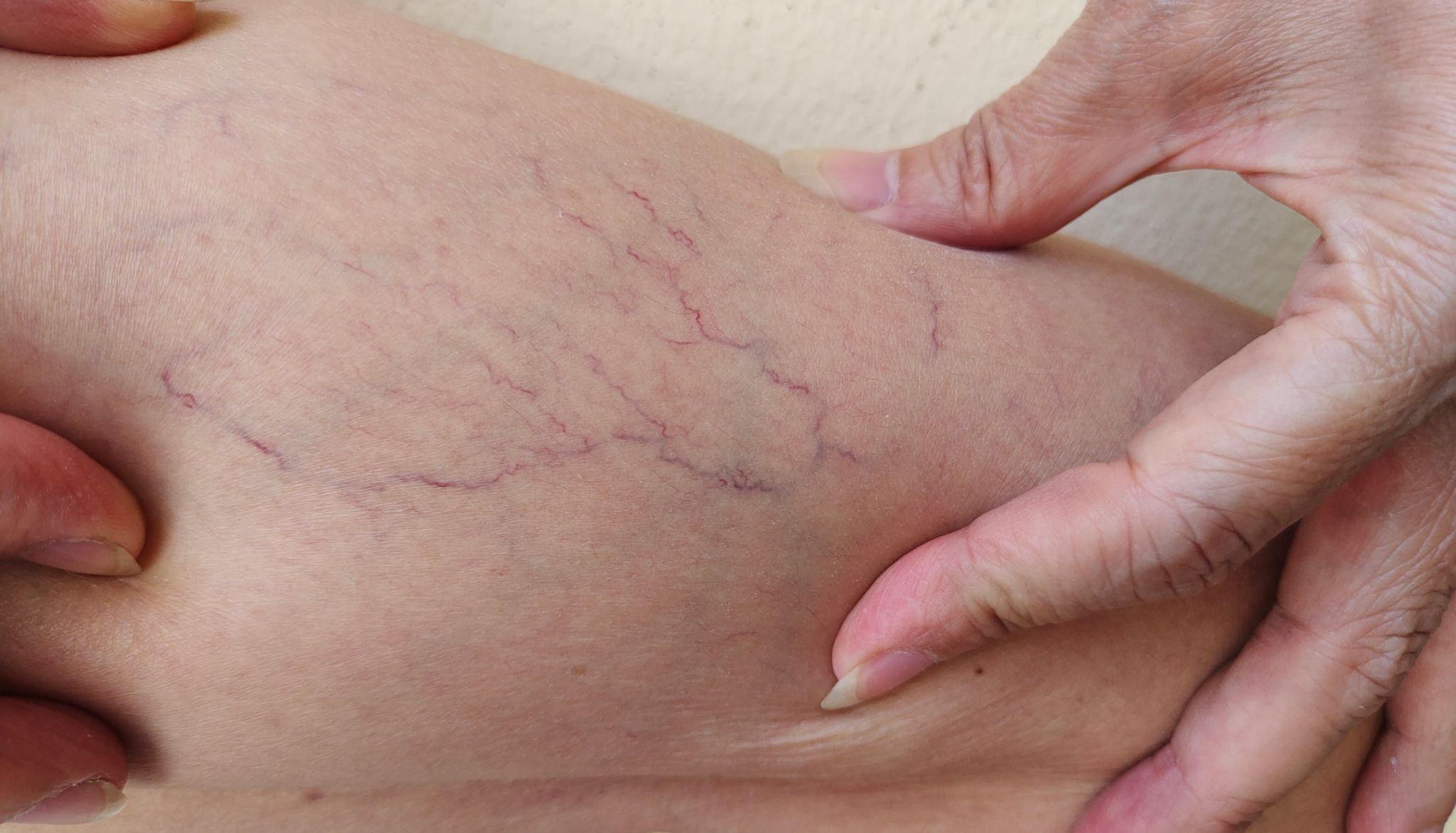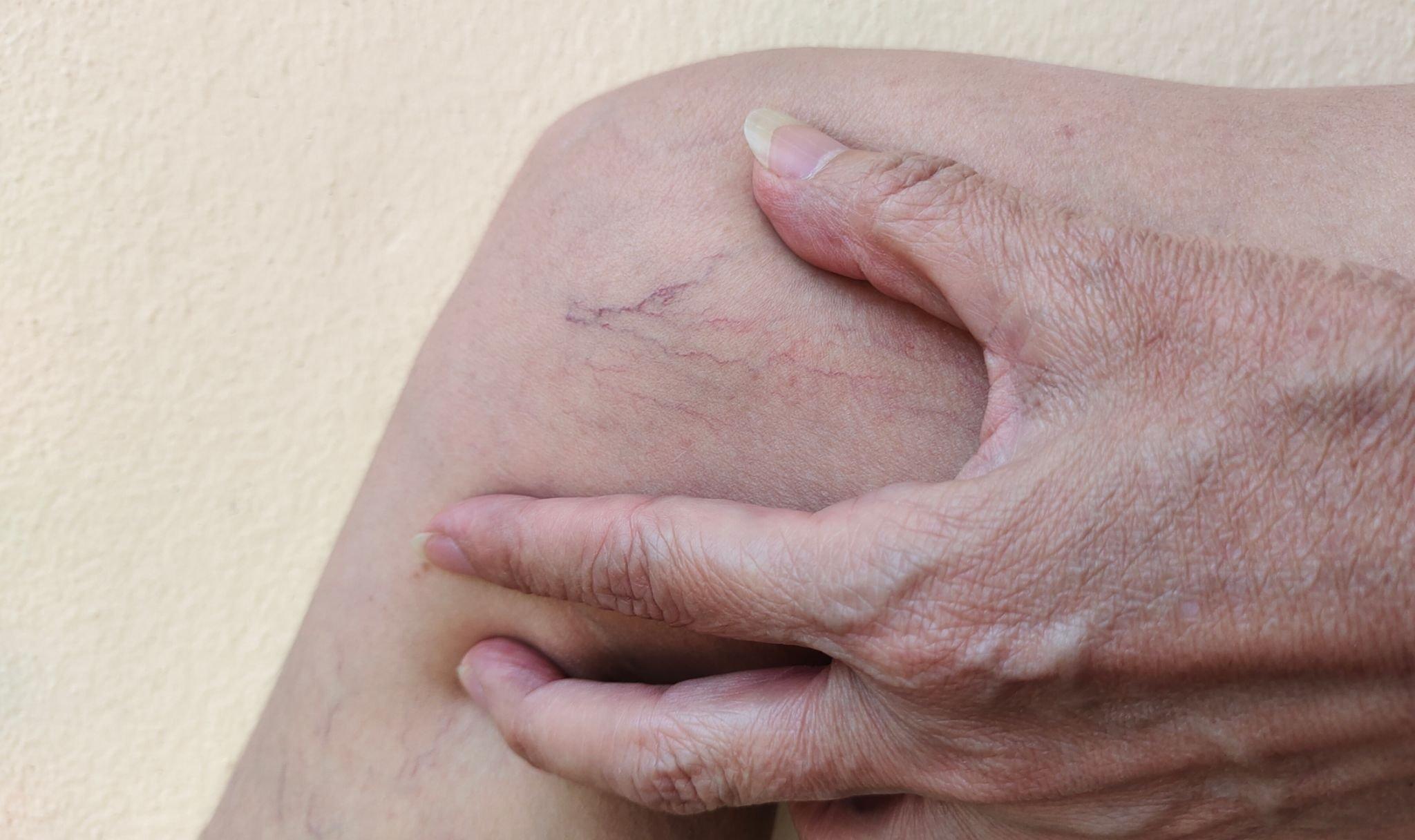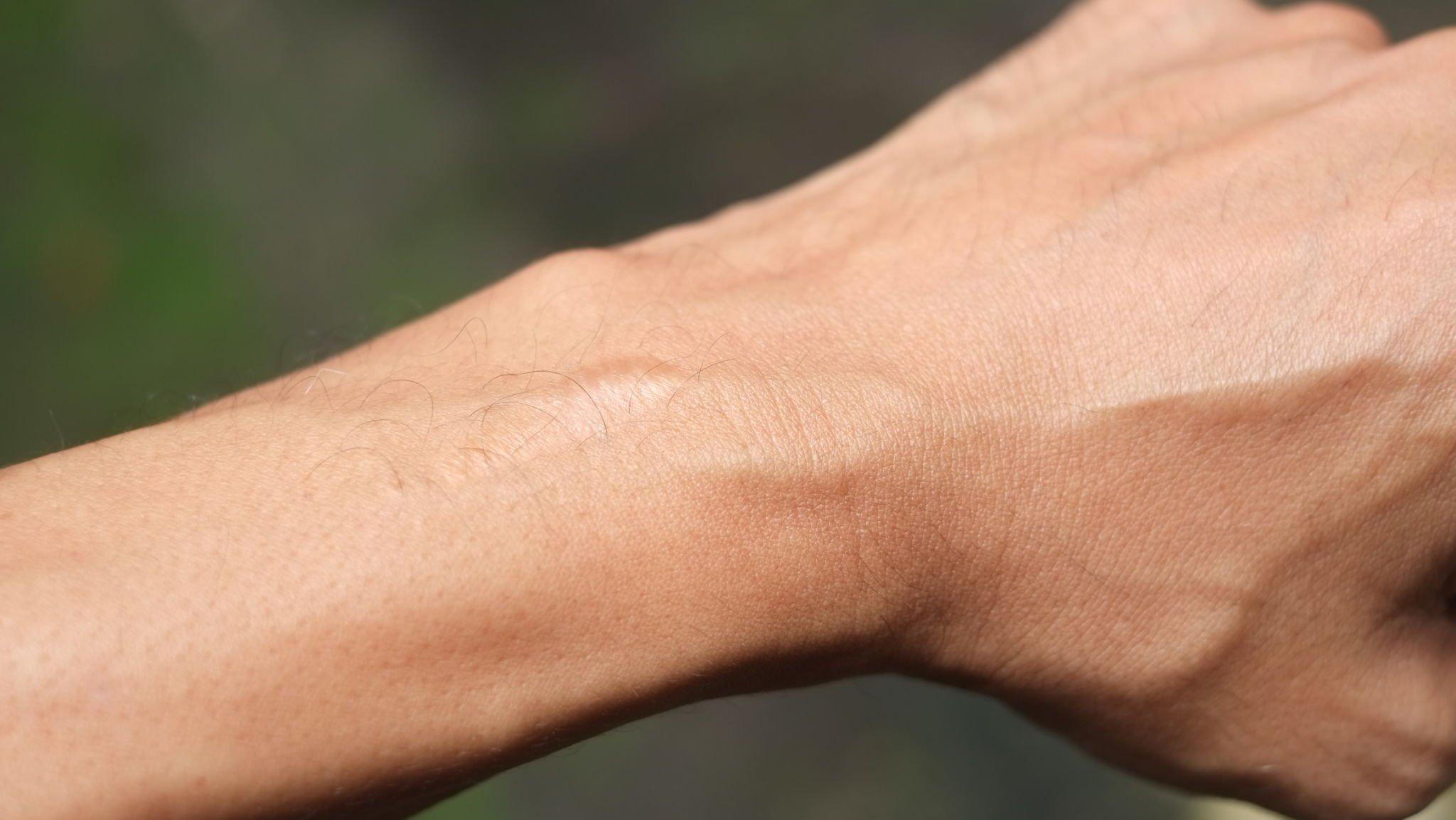Anyone with a musculoskeletal or arthritic condition could be improved with hand surgery. But the choice to operate will depend on a variety of factors related to the severity of the symptoms causing you pain or limitations of the use of your hand.

Typically, non-invasive treatments such as medication or exercise are used to treat most hand conditions.
However, if your doctor determines that these options are not as effective as they could be in offering you relief, surgery may be the next step. Should you be faced with this decision you will likely have many questions and concerns about going this route for treatment.
Your hand surgeon in Richmond, VA will walk you through all the details about the operation and help you better understand how to prepare for and what to expect after hand surgery.
Getting Started
First, decide on a date that is best for you. You may need to look at your calendar and consider what important events and commitments you might have upcoming because you may be without the full use of your hand for a considerable amount of time.
Recovery times can vary from as little as a few weeks to as long as a couple of months. During that time, you will be limited in your use of the hand and there will be a period of adjustment to that restriction of use. Don’t expect to jump back into your normal daily routine right after you come home.
As a result, you are going to need to make some allowances for your healing and the changes necessary to your everyday routine so you can allow the surgery to heal properly and completely.
Outfit Your Home

This refers to everything you’ll need to prepare in and around the home ahead of your arrival back after the surgery is complete.
You want to make sure you not only have all of the essential groceries and medications you’ll need around the house, but you want to make them much easier to access due to the limited use of your hand.
This means taking medications out of hard-to-open bottles, removing items from hard-to-reach places so you’re not straining to retrieve them, and organizing your home in a manner that makes it much easier to do the things you need to do every day with a bandage or cast around the home.
Ask for Help
We all like to be self-sufficient and independent, but sometimes we all need a little help from time to time. Like when you’ve had hand surgery. You’re going to have a significantly reduced use of your hand and that is going to make it tough to do even the simplest things that you might take for granted each and every day.
So get a support system in place for some help around the house. It can be anyone you trust to be there for you when you need it most. Your children, parents, spouse or boyfriend/girlfriend, even your good friend or neighbor.
Just be sure you have this support system in place before you need it, so it’s a good idea to let these individuals know of your plans to have this much-needed surgery and when you may need their assistance and support.
Reduce Swelling
After your surgery, you will most likely experience some level of swelling in the area that has been operated on. This is entirely natural but you will want to take some steps to bring it down because that will aid in a faster recovery and minimize the pain you might experience.
These are some of the best and most effective ways to bring down the swelling on your hand after you’ve had surgery:

Ice
Cold is your first and best way to bring down the swelling. Put some ice in a plastic or use an ice pack and place it directly on the area that is swollen.
You can apply it directly to the dressing around the hand and the cold compress will bring down the inflammation. This is something you should be doing for about three to five days out from the day of your surgery.
Elevate the Hand
Another good thing to do right after surgery is to lift your hand and arm above your heart. Do this while you’re lying down and rest the hand on a pillow or cushion. Try not to raise your hand up in the air, keep it resting comfortably but make sure to do it above the heart.
Anti-inflammatory Medications
These are also extremely useful in reducing swelling. Take some ibuprofen to bring down the swelling and dull the pain that might still be emanating from the surgical area.

Your doctor may prescribe some for you or you can find this medication over the counter. Always be sure to read the label and follow the dosing instructions.


